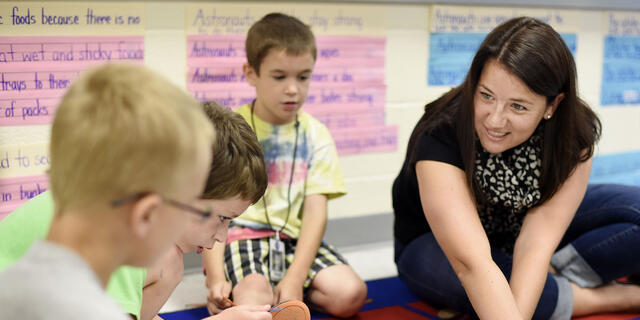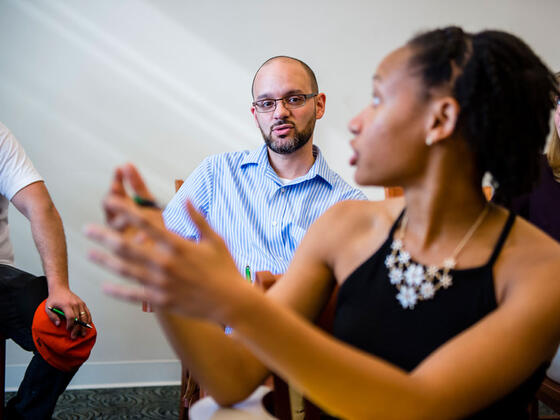Gifted and Talented Education Specialist (GATES)
Become certified in teaching gifted and talented students. McDaniel’s Gifted and Talented Education Specialist (GATES) certificate prepares teachers with initial certification to meet the curriculum, assessment, and instructional needs of academically talented students.
Mortarboard
Degree Types
Graduate Certificate
Dollar sign
Program Cost
$548 per credit
Calculator
Total credits
18
Document
Format
Online (Hybrid available for School Partnership cohorts)

